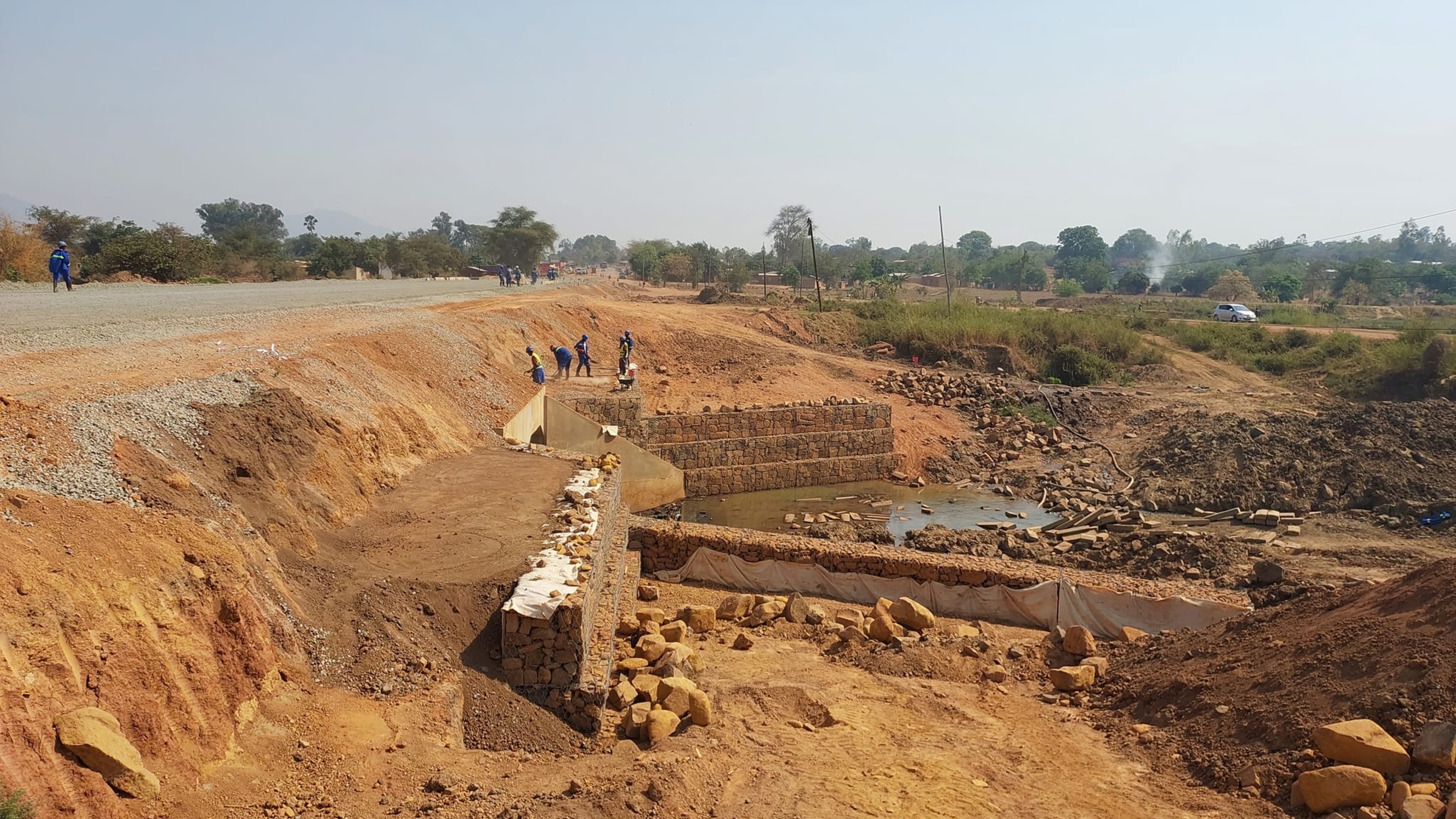
Enhancing Infrastructure Development in Malawi Through Effective Public Procurement
Malawi's Commitment to Infrastructure Development
Malawi is currently placing a strong emphasis on infrastructure development, recognizing the pivotal role that a well-established road network plays in driving overall economic growth and development. Public procurement is a vital aspect of this development, as it plays a crucial role in project implementation, ensuring that the substantial resources invested in these projects benefit the nation at large. There has been genuine concern over instances of substandard work, especially road infrastructure that has left everyone wondering what else needs to be done to improve the status of our roads. As part of addressing this concern, in the month of October 2023, the Public Procurement and Disposal of Assets Authority (PPDA), in collaboration with the Roads Authority (RA) and the Anti-Corruption Bureau (ACB), conducted a comprehensive nationwide monitoring exercise of road infrastructure projects to evaluate their progress.
Objectives of the Exercise
The aim of the monitoring exercise was to provide valuable insight into the status of road infrastructure projects and address critical issues such as project delays, cost overruns, and substandard construction. The objectives of the monitoring exercise were to:
1. Appreciate the quality of infrastructure projects being implemented by Roads Authority across the country.
2. Identify challenges faced by respective contractors, project managers/consultants, and Roads Authority in implementation of infrastructure projects.
3. Address concerns related to substandard project workmanship.
Project Phases and Challenges
These road infrastructure projects are in various stages of implementation and face a range of challenges. Several challenges, including fuel and forex shortage, as well as adverse weather conditions, were identified as key contributing factors to project delays. It was noted that many contracts were awarded around December 2022, during the rainy season, resulting in approximately four months of lost project time due to unfavorable weather conditions.
The Debate Over the Lowest Evaluated Bidder
One point of contention has revolved around the use of the Lowest Evaluated Bidder methodology for the selection of successful contractors. Some have argued that this methodology has resulted in substandard work and road infrastructure as the bidder with the lowest bid is one awarded a contract. The PPDA engaged with consultants and contractors to gather their perspectives on this issue.
Engineer Grant Sichali, supervising the Dzaleka-Ntchisi-Malomo road project on behalf of Pamodzi Consulting, asserted that substandard work or road infrastructure issues are primarily due to "poor workmanship" and not the procurement method used to select the contractor. He emphasized that the design of a road should reflect its budgeted value, and it's the consultant's responsibility to ensure that the designed quality is delivered.
However, Eng. Langstern Kaunda of Kandoli Consulting Engineers, supervising the Enukweni -Emlonyeni project, suggested that the Lowest Evaluated Bidder principle does contribute to substandard work to some extent. Contractors might submit low-cost bids solely to secure a contract. Director General Dr. Edington Chilapondwa clarified the distinction between the Lowest Evaluated Bidder and the lowest bid, emphasizing that the responsibility lies with the client, in this case, the Roads Authority (RA), to scrutinize and analyze the quotes. He highlighted that the PPDA guidelines offer opportunities for clients to seek clarifications when they suspect unrealistically low-priced bids during evaluation process. The Internal Procurement and Disposal Committee (IPDC) is entrusted with ensuring that evaluation of bids is conducted in accordance with the Law.
Engineer Moses Malinda, representing the RA (Roads Authority), emphasized that addressing the issue of poor workmanship is a multifaceted challenge that necessitates a comprehensive approach. He highlighted the inadequacy of trained machinery operators as an example of the problem, noting that the human element is pivotal in assessing the quality of construction. He stated, "We cannot disregard the significance of the human factor when evaluating the quality of work. Everyone involved, from the individuals responsible for mixing asphalt to those operating the machinery, plays a critical role in ensuring the integrity of the project."
In contrast, Ms. Mary Kambalu, representing the Anti-Corruption Bureau, emphasized the importance of acknowledging the 'human factor' while also recognizing that guidelines and procedures have been established to mitigate its impact. She expressed concern about roads developing potholes shortly after construction and stressed that such issues should not be accepted without scrutiny. Ms. Kambalu noted that when individuals deviate from established rules, it can lead to corruption, fraud, and collusion within the industry. Regardless of the human factor, she emphasized the public's right to receive value for their money, stating, "Whether or not we consider the human factor, it is imperative that Malawians receive full value for their investments."
Shifting Focus to Consultants
Jonathan Kantayeni, Director of Regulatory, Review, and Monitoring at the PPDA, emphasized the need to redirect attention from contractors to consultants too. Consultants play a pivotal role in safeguarding the client's interests and ensuring project standards and specifications are upheld. He contended that blaming contractors alone for substandard work while overlooking the role of consultants is counterproductive. Going forward, both contractors and consultants will be scrutinized as a unified unit. If a contractor faces sanctions for poor performance, the consultant will be held accountable as well.
Anticipated Comprehensive Report
The PPDA is set to produce a comprehensive report based on this nationwide monitoring exercise, which will be made available in due course. This report will provide valuable insights into the state of road infrastructure projects in Malawi and offer recommendations for more effective procurement practices and enhanced project quality.